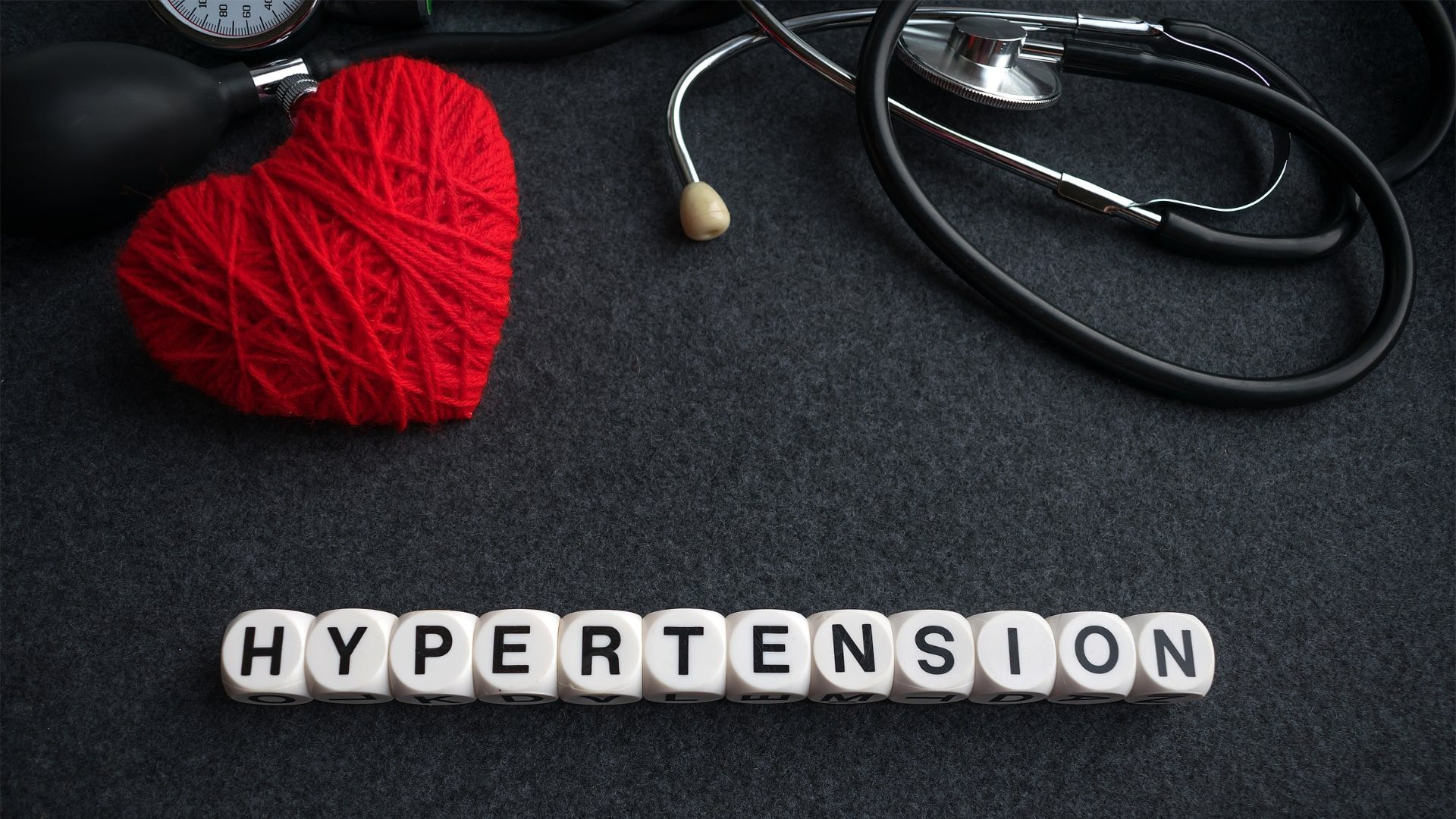
Heart disease and high blood pressure (hypertension) are among the most common health problems worldwide. These conditions are often linked, and when they occur together, they significantly increase the risk of heart attack, stroke, and other serious complications. Understanding the causes, signs, and ways to prevent them can help you protect your long-term health.
Table of Contents
- What Is Heart Disease?
- What Is High Blood Pressure (Hypertension)?
- How Heart Disease and High Blood Pressure Are Connected
- Symptoms of Heart Disease
- Symptoms of High Blood Pressure
- Causes and Risk Factors
- Complications of Untreated High Blood Pressure
- How to Prevent Heart Disease & High Blood Pressure
- Medical Treatment Options
- When to See a Doctor
What Is Heart Disease?
Heart disease refers to a group of conditions that affect the heart’s structure and function. The most common type is coronary artery disease, where plaque buildup narrows the arteries, reducing blood flow to the heart.
Common Types of Heart Disease
-
Coronary artery disease
-
Heart failure
-
Arrhythmia (irregular heartbeat)
-
Congenital heart defects
-
Cardiomyopathy
What Is High Blood Pressure (Hypertension)?
High blood pressure occurs when the force of blood pushing against artery walls is consistently too high. Over time, this pressure damages the arteries and weakens the heart, increasing the risk of heart disease.
Blood Pressure Levels
| Category | Systolic | Diastolic |
|---|---|---|
| Normal | Less than 120 | Less than 80 |
| Elevated | 120–129 | Less than 80 |
| High BP (Stage 1) | 130–139 | 80–89 |
| High BP (Stage 2) | 140+ | 90+ |
How Heart Disease and High Blood Pressure Are Connected
High blood pressure is one of the biggest risk factors for developing heart disease. When arteries become stiff or narrow due to prolonged high pressure, the heart must work harder to pump blood. This strain can lead to:
-
Thickened heart muscle
-
Weakened heart function
-
Increased risk of heart attack or stroke
Symptoms of Heart Disease
Heart disease often develops silently, but some warning signs include:
-
Chest pain or pressure
-
Shortness of breath
-
Fatigue
-
Irregular heartbeat
-
Pain in the neck, jaw, or arm
-
Dizziness or fainting
Symptoms of High Blood Pressure
Hypertension is known as a “silent killer” because it often has no symptoms. Some people may experience:
-
Headaches
-
Blurred vision
-
Nosebleeds
-
Shortness of breath
However, these signs typically appear only when blood pressure is dangerously high.
Causes and Risk Factors
Several lifestyle and genetic factors contribute to both heart disease and high blood pressure:
Lifestyle Causes
-
Unhealthy diet (high in salt, sugar, and unhealthy fats)
-
Lack of exercise
-
Smoking
-
Excessive alcohol consumption
-
Chronic stress
-
Poor sleep habits
Medical/Genetic Causes
-
Family history
-
Diabetes
-
High cholesterol
-
Obesity
-
Aging
Complications of Untreated High Blood Pressure
If left unmanaged, high blood pressure can cause:
-
Heart attack
-
Stroke
-
Heart failure
-
Kidney damage
-
Vision problems
-
Peripheral artery disease
How to Prevent Heart Disease & High Blood Pressure
The good news is that both conditions are largely preventable through small, consistent lifestyle changes.
1. Eat a Heart-Healthy Diet
-
Focus on fruits, vegetables, whole grains, and lean proteins
-
Reduce salt (sodium) intake
-
Choose healthy fats (olive oil, nuts, seeds)
2. Exercise Regularly
Aim for:
-
150 minutes of moderate exercise per week, or
-
75 minutes of intense exercise per week
Activities such as walking, cycling, swimming, or yoga can help strengthen your cardiovascular system.
3. Manage Stress
Chronic stress raises blood pressure. Helpful techniques include:
-
Deep breathing
-
Meditation
-
Journaling
-
Regular breaks and self-care
4. Quit Smoking & Limit Alcohol
These habits significantly damage your heart and arteries over time.
5. Maintain a Healthy Weight
Losing even 5–10% of your body weight can significantly help reduce blood pressure.
Medical Treatment Options
If lifestyle changes aren't enough, doctors may recommend:
-
Blood pressure medications
-
Cholesterol-lowering drugs
-
Aspirin therapy (in specific cases)
-
Procedures to improve blood flow (such as angioplasty)
Regular check-ups are essential, especially for individuals with a family history of heart disease.
When to See a Doctor
Seek medical advice if you experience:
-
Persistent chest pain
-
Severe shortness of breath
-
Very high blood pressure readings (above 180/120)
-
Sudden vision changes
-
Irregular heartbeat
Heart disease and high blood pressure are major health concerns, but they are also highly preventable. By making healthier lifestyle choices and staying aware of your risk factors, you can reduce your chances of serious complications and improve your overall well-being.


